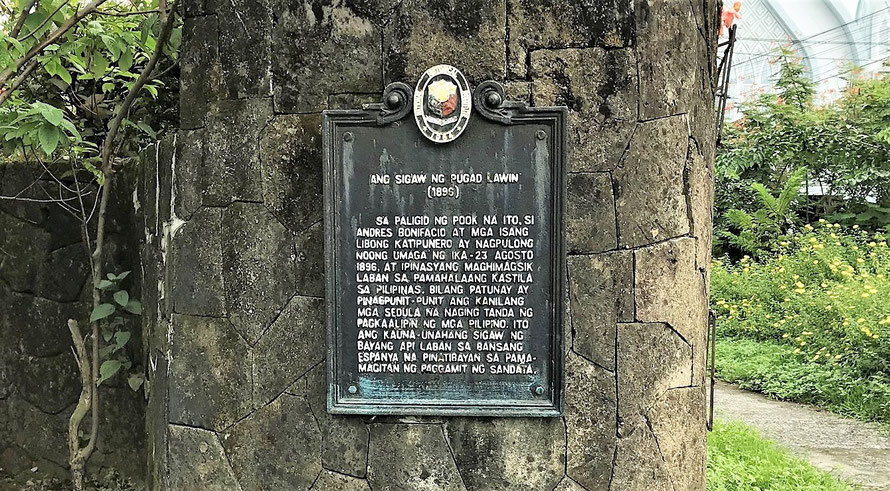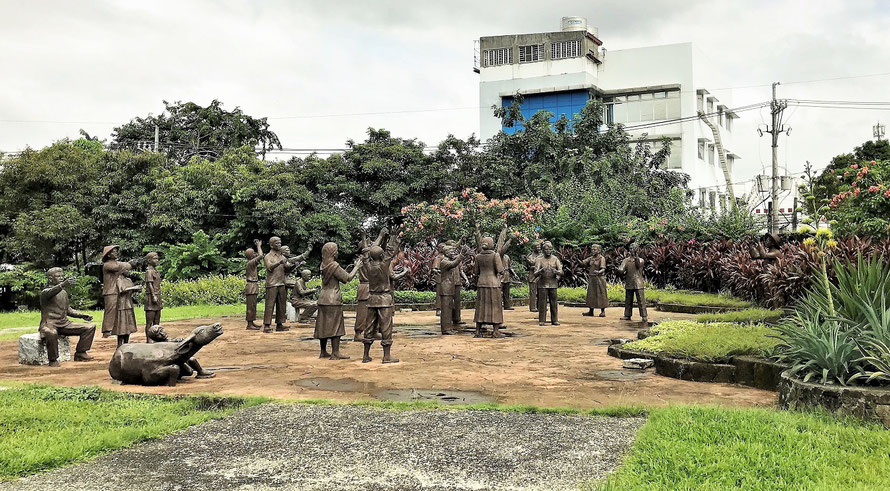Andres Bonifacio is a revered national hero of the Philippines.
Bonifacio was born on November 30, 1863 in Tondo Manila to a low middle class family. He had no formal education, although he received education through private tutorial early in life. When his parents died during Bonifacio’s early teenage years, Bonifacio had to work in order to support himself and his brothers and sisters. He also devoted a lot of time in self-study by reading a lot of books written by well-known persons of his time.
Bonifacio was a man who loved his country. He was a patriot who wanted to see the Philippines as an independent country. In 1892, he and four other revolutionaries established a secret society called the *“Kataastaasan Kagalanggalangang Katipunan ng mga Anak ng Bayan” or the KKK. The society’s main goal was to free the Philippines from Spanish colonial rule. Through hard work and sacrifices (and because of the poor socio-economic condition and oppressive political situation), the society gained more and more adherents. Four years after its founding, the society had tens of thousands of members willing to fight for independence.
In 1896, the Spanish colonial authorities discovered the existence of the secret society and began arresting its members. Bonifacio acted swiftly and gathered his members in Pugad Lawin. There, they tore their cedula or residence certificates, declared their desire for an independent Philippines and shouted, “Long live the Philippines.” This was the “Cry of Pugad Lawin,” and it became the turning point in the struggle for a free Philippines.
Today, Andres Bonifacio is recognized as the “Father of the Philippine Revolution of 1896.”
--------------
*Society of the Highest and Most Respected Sons of the People




